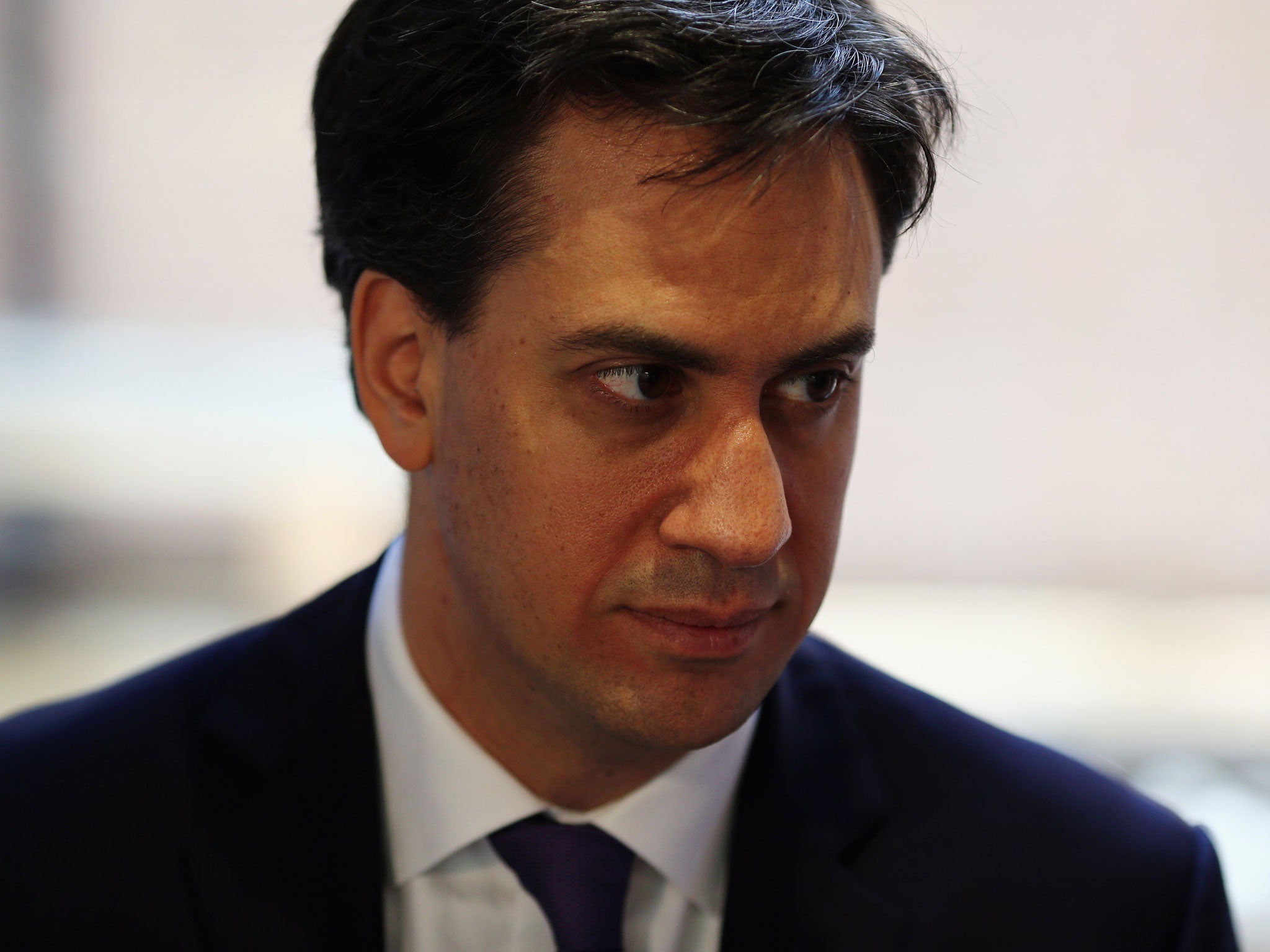Lord Liddle warns of a return to 1970s ‘us and them’ politics over Labour energy prize freeze
Peer says Miliband’s stand could drive party off centre ground

Ed Miliband’s pledge to freeze energy prices could take Labour back to the divisive “us and them” politics of the past, one of the party’s own frontbenchers has warned.
Lord (Roger) Liddle, an opposition spokesman on business and Europe in the Lords, described Mr Miliband’s “left populism” as bold and praised his party conference speech last month as a “remarkable tour de force”. But he feared Mr Miliband’s strategy could drive his party off the political centre ground. He is the first Labour frontbencher to echo Conservative claims that the proposed 20-month price freeze could mark a return to the politics of the 1970s.
“To succeed electorally, his ‘pledges’ will have to ‘add up’ convincingly in themselves,” Lord Liddle wrote on the website of Policy Network, a think tank he chairs. “They will only be persuasive in the context of a party that is judged in general terms to be economically competent. And Labour will only occupy the vital political centre ground if Labour avoids any impression of a return to the ‘us’ and ‘them’ politics of the past and instead couches its approach in terms of speaking for the ‘public interest’ against all forms of ‘special interest’. On all these points, Labour still has work to do.”
Lord Liddle, who was Tony Blair’s Downing Street adviser on Europe, argued that these “special interests” should include the trade unions, saying Labour should take “a robust line” on public-sector pay to enhance its reputation for economic competence.
He added: “The political ability to mount a robust defence of the ‘public interest’ against the ‘special interests that hold Britain back’ is essential if Labour is to fight the next election from the political centre ground.”
The Labour peer warned that his party should not be tempted to launch class-based attacks on the Conservatives because Labour is also seen as part of the political establishment. He warned that the left would be deceiving itself if it believed that there is massive public anger about rising inequality and the rich.
“No one will defend ‘bankers’. But in Middle Britain, feelings of unfairness are as much, if not more directed against immigration and perceived welfare abuse, as they are against any upper-class elite,” he said. “What undoubtedly exists is significant resentment – bordering on contempt – for the established political class, which includes not just ‘the Tory toffs’, but the past and present Labour leadership.”
Lord Liddle said Labour could not take any comfort from the UK Independence Party taking more votes away from the Tories than from Labour. “Their appeal is particularly strong among the later middle aged, mainly male, working-class voters with decent jobs – many of whom would have happily voted for Labour in 1997, 2001 and even in 2005, but deserted the party in droves in 2010. There is not much sign of them coming back,” he wrote.
Aides of Mr Miliband insist that his pledge on energy prices has set the political agenda and has proved very popular with the public. They say the opinion polls also show that he boosted his personal ratings at last month’s conference, even though some surveys have shown the Tories closing the gap on Labour as the economy recovers.
Subscribe to Independent Premium to bookmark this article
Want to bookmark your favourite articles and stories to read or reference later? Start your Independent Premium subscription today.

Join our commenting forum
Join thought-provoking conversations, follow other Independent readers and see their replies